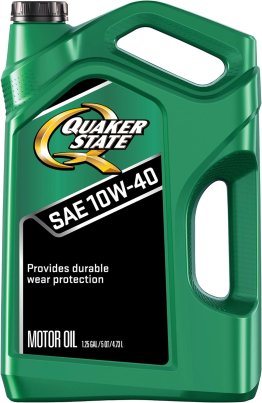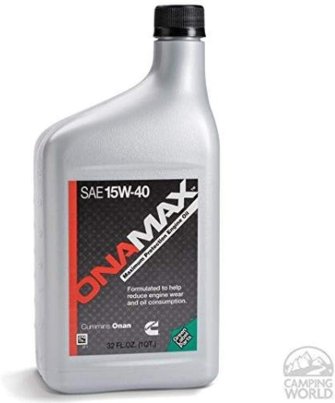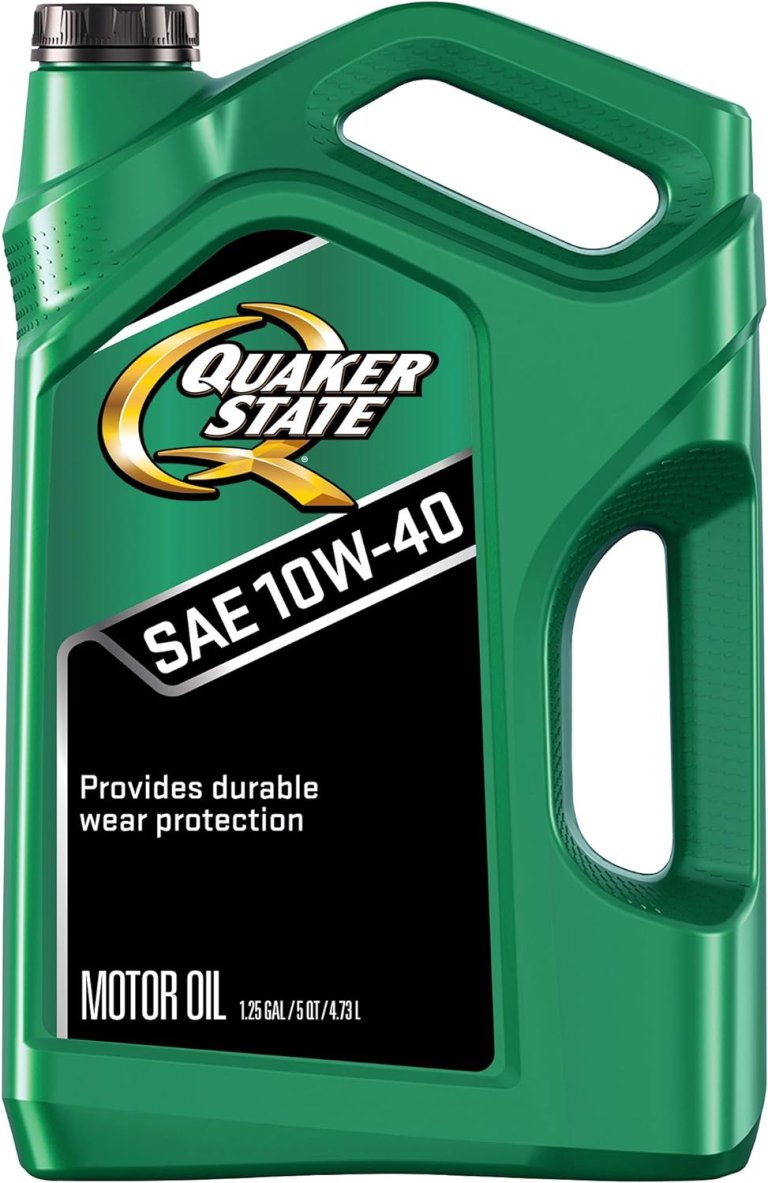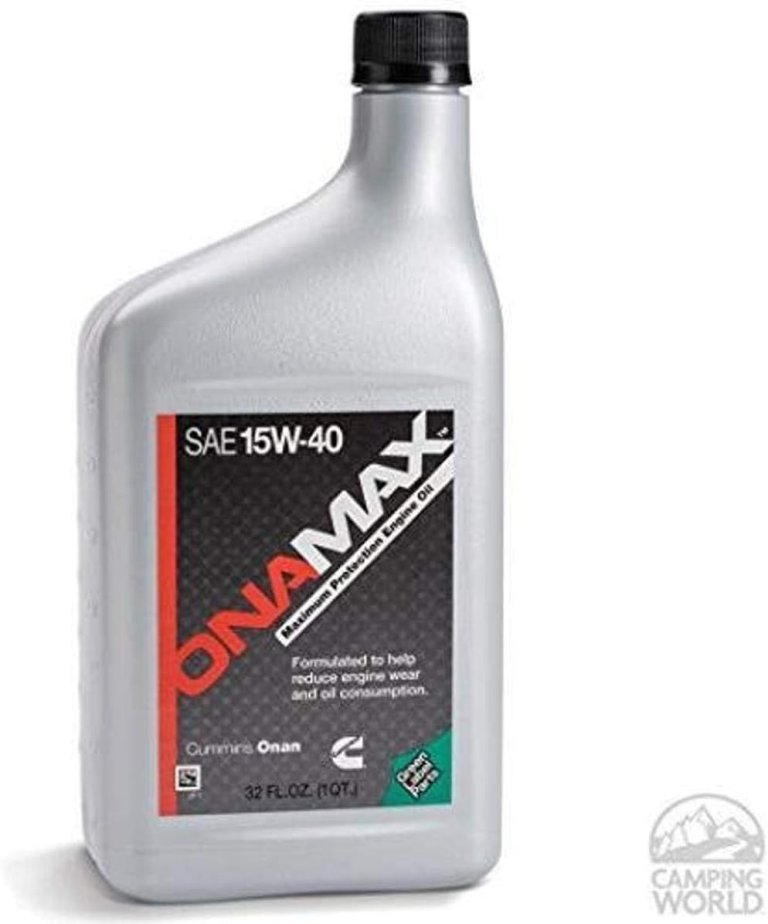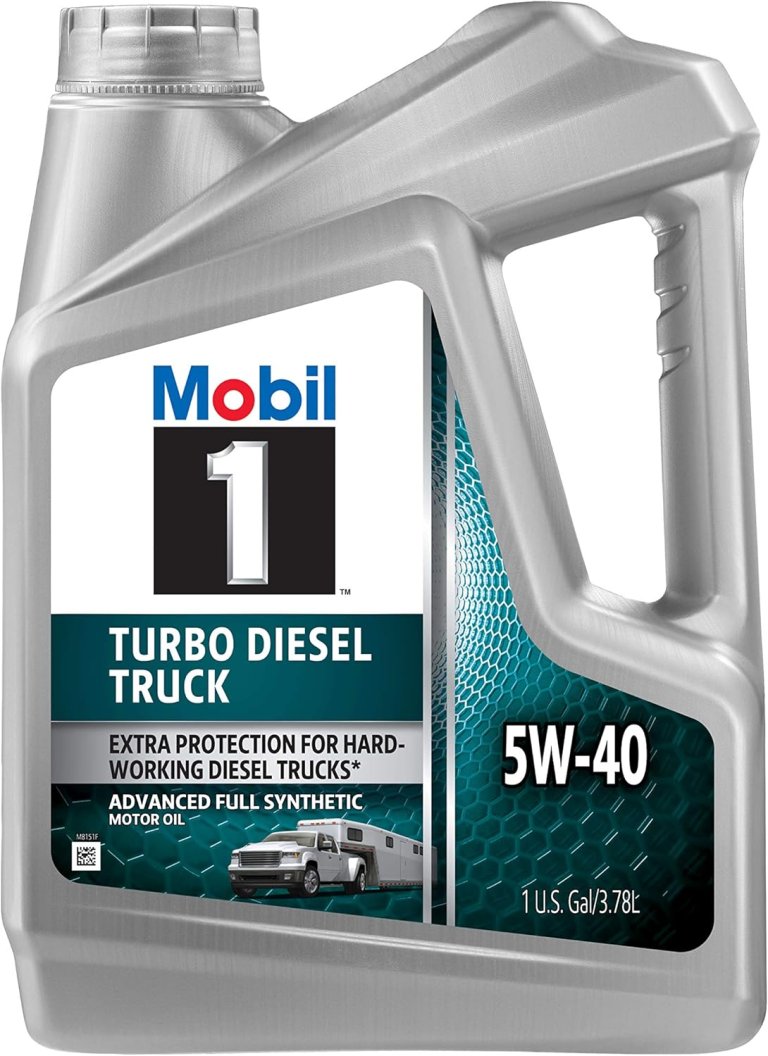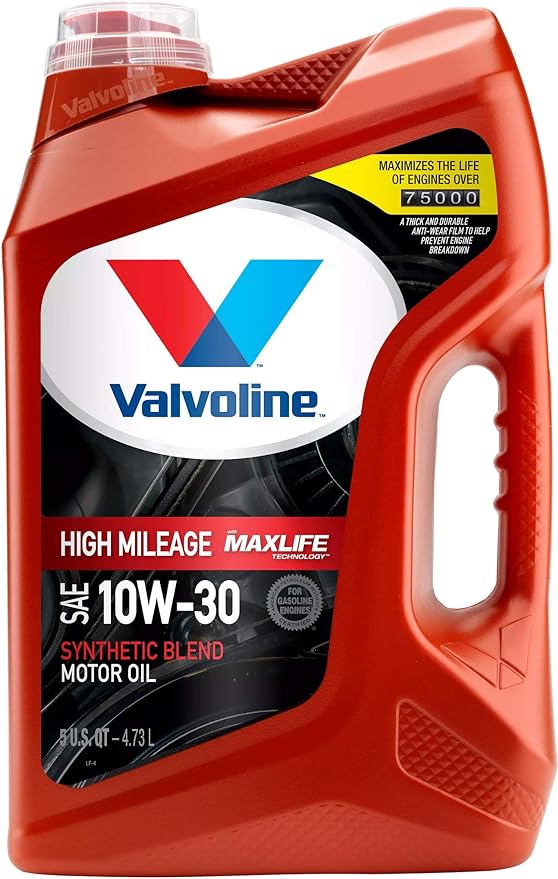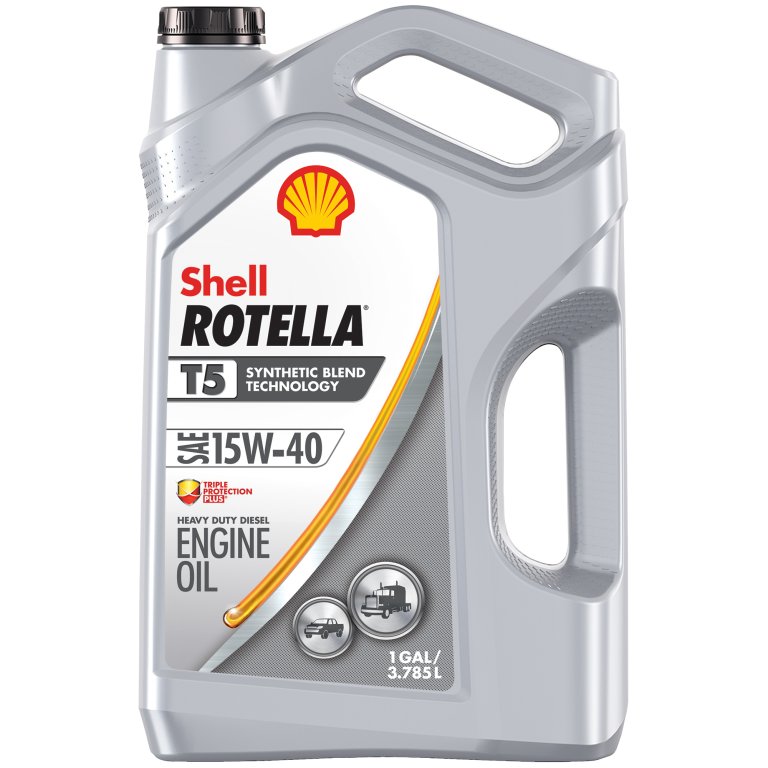We may earn revenue from the products available on this page and participate in affiliate programs. Learn more ›
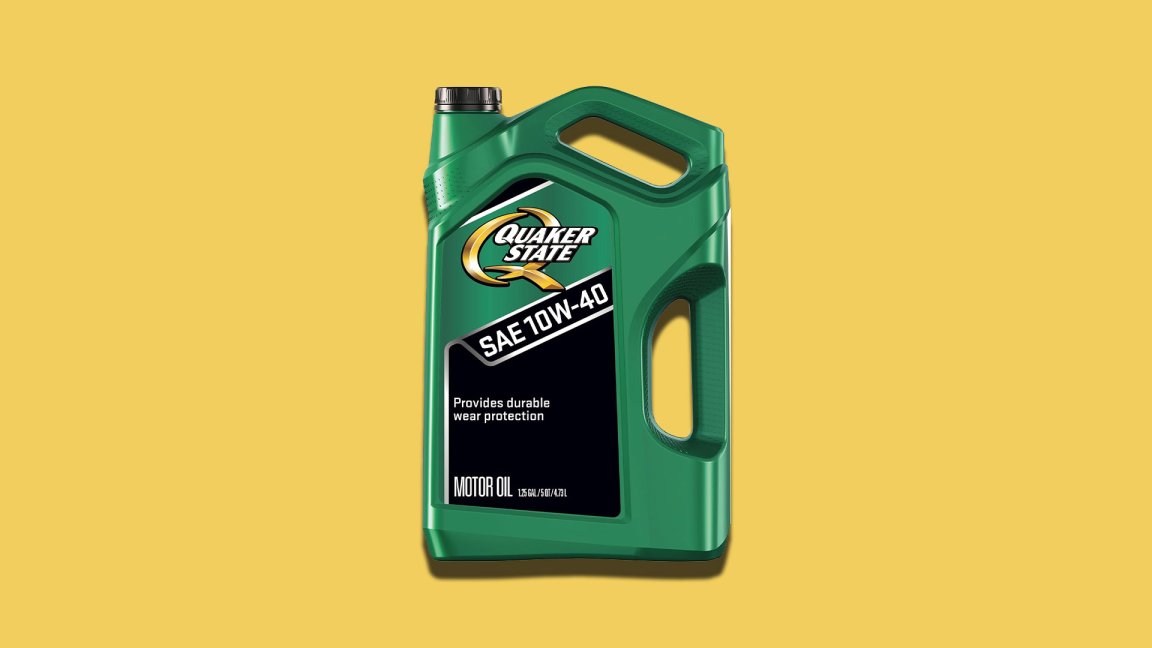
If you drive a Dodge RAM, whether it’s a 2500 or a 3500 pickup, you know the thrill of the sheer power it supplies. These engines have a proud history dating back to 1919 when Rudolf Diesel partnered with William Cummins. That’s right, the inventor of diesel and founder of Cummins motors have intertwined stories. Literally first to market, this Indiana-based company took the industry by storm. It also offered the brand a leg-up on innovation, enabling them to advance the technology, refine the parts, and craft fluids meant to truly optimize their engines.
Cummins engines are prevalent in Dodges, with the 6.7 boasting up to 400 horsepower and impressive torque. Of course, to access this ability, the engine relies on maintenance and lubrication. Finding the best oil for 6.7 Cummins engines is about more than optimizing efficiency, it’s about keeping your ride healthy for longer, too. To lend a hand, we’ve hunted down the best oil for 6.7 Cummins rides to keep your vehicle in fighting form.
Summary List
- Best Overall: Quaker State 10W40 Protective Oil
- Best Value: Cummins Onan 15W40 Oil
- Honorable Mention: Mobil 1 Turbo Diesel Truck Oil
- Best for Turbos: Shell Rotella T6 Synthetic Diesel Engine Oil
- Best High Mileage: Valvoline High Mileage 10W-30 Synthetic Blend
- Most Versatile: Shell Rotella T5 Synthetic Blend Diesel Engine Oil
Our Methodology
What’s great when talking about oil is that there are major brands that we all know and trust, and we can trust them across diesel and gasoline applications. Because of that, we put more emphasis on specific formulas, how much you get, the price, and what each oil is good for. The selection is wide, but covers just about every application you could find yourself in. For more information on our selection process, you can visit this page to read more.
Best Oils for 6.7 Cummins Reviews & Recommendations
Best Overall: Quaker State 10W40 Protective Oil
Pros
- Best for cars with over 75,000 miles
- Includes seal conditioners
- Prevents leaks and slows oil consumption process
Cons
- Spout requires a funnel for smoother pours
- Conditioner may be harsh on newer Cummins engines
Finding an oil for your 6.7 Cummins is all about something able to withstand demanding conditions. The Quaker State 10W40 Protective Oil exceeds these demands, coming complete with powerful additives to address wear. It is geared towards rides with over 75,000 miles on the odometer. Higher-mileage Cummins engines tend to become oil-guzzlers, requiring top-ups more frequently than younger counterparts. It could be due to the added demand on the engine or as a result of leaks from cracked seals. To address this, the Quaker State oil is complete with conditioning additives that treat seals and put a halt to leaks. It keeps your seals working while also incorporating some extra additives to reduce adjustment friction and slow oil consumption. Powerful and reliable, this diesel oil can help extend your engine’s lifespan while also enhancing its function.
One criticism about this oil is in the packaging. It comes with over a gallon of contents, yet the handle has no grip accommodations and the spout is too broad. Be sure to use a funnel when dealing with this oil to prevent spills.
Best Value: Cummins Onan 15W40 Oil
Pros
- Limits consumption of oil
- Retains integrity at high temperature
- Reduces risk of oxidation
Cons
- Best when used exclusively with Cummins engines
- Geared towards generators, not cars
Vehicle costs add up, from fuel to transmission fluid to oil. To shave a few dollars off this regular expense, the Cummins Onan 15W40 Oil is a worthy candidate. For starters, it has a universal compatibility rating, meaning you don’t have to worry about interactions with your existing oil. Despite being so reasonably priced, it doesn’t skimp in terms of quality. This oil is designed to work specifically with Cummins systems, meaning it is able to efficiently limit oil consumption. It is particularly useful at warm temperatures, where viscosity is prone to rapid increase. The friction regulators included as additives prevent this from compromising lubrication. By also addressing oxidation damage, this oil is able to help your engine perform more reliably. Ideal for anyone working on a budget, this is a worthy value
Bear in mind, though, that while the oil comes at a great price, it comes in a small quantity. For top-up use, it’s great. For an oil change, you’re going to need much more oil to get the job done.
Honorable Mention: Mobil 1 Turbo Diesel Truck Oil
Pros
- Built to work with modern diesel trucks
- Suited to low-emission engines
- Can pump at low temperatures for improved starting
Cons
- Not rated for extremely cold environments
- Only enough supply for a top-up and not for a complete oil change
If you live in an area more prone to snowstorms than heat waves, the Mobil 1 Turbo Diesel Truck Oil is a solid candidate. It stands out from the other candidates through its modern technology, including advanced additives to protect your vehicle well. It is meant specifically for vehicles handling the impressive horsepower supported by a 6.7 Cummins. By reducing the oil loss and improving fuel economy, it helps your whole ride function better. Meant to be compatible with any type of oil on the market, it is particularly useful with modern vehicles. If your ride is equipped with Exhaust Gas Recirculation, meant to limit emissions, this oil is particularly useful. Since these eco-friendly features impact the heat in the system, as well as oxidation effects, it is important to find an oil that can keep up with the demand. Mobil 1 is formulated to handle adversity, making it deserving of a shoutout on this list.
Of course, nothing is perfect. This oil is a 5W40 after all, and the smaller the number to the left of that W, the more it is geared towards cold weather. Be sure to keep your climate in mind when making your pick. If contending with heat, look for something designed with the proper viscosity for hot situations.
Best High Mileage: Valvoline High Mileage 10W-30 Synthetic Blend
Pros
- High-mileage
- Cleans sludge and deposits
- Seal treatment
Cons
- Leaky caps
- Synthetic blend
Given the number of times Valvoline has showed up on this list, you shouldn’t be surprised to see the brand again. This time, we’re featuring its high-mileage solution, which is available in a wide range of sizes and viscosities.
In Cummins engines with more than 75,000 miles on the odometer, Valvoline high-mileage oil cleans out sludge and prevents new deposits from forming. It includes the extra detergents and protections older engines need to reverse wear. The seal treatment performs especially well—we’ve seen it stop leaks altogether and keep powerful engines running quietly at more than 200,000 miles. It also comes at a great price.
What’s the catch? This is a synthetic blend, not fully synthetic or Dexos-certified, so it might not be the right choice for aging GM vehicles. Don’t believe any seller who tells you it’s Dexos. Also, like many motor oils sold online, there’s a risk of the caps leaking.
Most Versatile: Shell Rotella T5 Synthetic Blend Diesel Engine Oil
Pros
- Low ash, low emission
- Versatile
- Better fuel economy
Cons
- Not fully synthetic
- Full gallon may be pain to store
This engine oil is similar to the Shell Rotella T6 we spotlighted above, with a few key differences. While Rotella T6 is completely synthetic, T5 is a synthetic blend that includes some crude products. That’s not a knock against it, though: It’s a low-ash, low-emission motor oil that’s perfectly suited for use in modern engines.
If we had to describe Rotella T5 in one word, it would be flexible. We don’t often see oils with the versatility to work in a Cummins 6.7, motorcycle, ATV, lawnmower, and chainsaw. It promises increased fuel economy and wear protection, and delivers on both counts. We especially like how well it maintains pressure in turbocharged engines.
One issue is that, while it’s a good oil, the cap leaves something to be desired. The threading can chip, making it almost impossible to get the seal back. Since it comes with a whole gallon, you’ll probably need to store it. Be careful when opening and retightening it, and you should be fine.
Our Verdict on the Best Oil for 6.7 Cummins
The versatility and efficiency of our top pick, Quaker State 10W40 Protective Oil, is why you should try it. If you’re looking to save money and preserve quality, you can go with the Cummins Onan 15W40 Oil, a clear value pick. Whatever mileage you have and terrain you face, there’s an oil out there for your truck.
Types of Oil for 6.7 Cummins
Synthetic Oil
One of the most modern 6.7 Cummins diesel systems, the turbo 2021 has an impressive compression ratio of 16:2:1 when in high output. This means the engine undergoes combustion at high heats and high pressures. Synthetic oil is a preference for handling these conditions, since it is able to withstand that extra strain on a molecular level. Yes, it comes at a higher cost because all the materials are artificial. However, you can get these oils at various viscosities and with different treatments, customizing the selection to your pick. The key takeaway: Synthetic oil is tops for vehicles under strain like pickup trucks.
High-Mileage Engine Oil
In the vast majority of cases, high-mileage engine oil is a subtype of synthetic diesel oil that is meant for vehicles with over 75,000 miles on the odometer. In theory, you can get upwards of 300,000 miles out of these engines, but once the mileage stacks up, switching oil is advisable. High-mileage oil is designed with the standard base oils, though includes additives like conditioning agents and oxidation preventatives. It softens seals, restoring them to proper function (provided the damage isn’t too extensive). The key takeaway: High-mileage engine oil is meant for older 6.7 Cummins engines.
High-Viscosity Motor Oil
Viscosity matters. If the oil is too thin, then it won’t effectively complete its task. If the oil is too thick, it can’t move throughout the system. Since this factor directly impacts the oil’s ability to lubricate, finding the right viscosity is essential. High-viscosity oil lubricates more evenly, simply because it’s slippery and can coat the parts quicker. The SAE J300 viscosity chart details the specific metrics, so you can interpret coded viscosity notes like 15W40. The number to the left is how it handles cold. The number on the right is how it handles heat. Use the viscosity breakdowns, consider your environment, and pick accordingly. The key takeaway: When in doubt, choose high-viscosity oil.
Detergent Oil
A popular type of oil, while all oil for 6.7 Cummins engines are made out of a set of base oils, the additives used to enhance performance vary. Though you can find some oils entirely free of detergents, these useful chemicals are effective at scrubbing out imperfections in the oil. Addressing deposits while also performing all the essential tasks of a motor oil, because of the chemical nature of magnesium sulfonates (the most common detergent), it retains structural integrity under pressure and heat. Plus, you don’t have to change the oil as frequently if you use a detergent option. The key takeaway: Detergent oils are a vast improvement on non-detergent motor oils.
Conventional Oil
Taking raw crude oil and refining it into a workable motor oil for your ride, conventional oil is the traditional approach to running your engine. It dates back to when Castrol first used mineral-based castor oil as an ingredient. Now, while you can find it on the market, it is definitely less common. This is largely due to the higher ratio of imperfections. It’s cheaper, but both in terms of quality and price. The imperfections may not result in issues right away, but using this type of oil can lead to issues. The key takeaway: Natural is great in theory, but synthetic oil takes the cake for 6.7 Cummins engines.
Key Features
Lubricating Power
Obviously, you want the oil you choose to do its main job: lubricate the components of your Cummins 6.7 diesel engine. The OEM recommendations can guide you here, but you may want to read what others are saying about the oil you are considering with regards to its lubricating power. If the oil does not do this main job correctly, efficiently, and for a good price, it’s not the oil for your truck.
Weather Considerations
You want your oil to protect your engine in extremely cold and extremely hot weather. It can’t thicken too much in the winter or thin out in the summer, or it could inhibit proper starting and operation. Dust and dirt conditions are also a consideration. If you work in dusty, dirty areas, or drive off-road, your oil needs extra detergent power, and your engine will need more frequent oil changes as well.
Environmental Impact
Many drivers are concerned with how their vehicle affects the environment, especially air pollution. Some diesel oil producers specially formulate some of their products to help reduce soot and nitrous oxide emissions. Others formulate their oil so it works best in the newer emissions-treatment engine designs.
Pricing
For between $17 to $35, you can get up to five quarts of oil. It can be a full synthetic or synthetic blend. Some of the products come in one-gallon containers, others in five-quart or smaller containers. Viscosity ranges are 5W-20 to 15W-40.
FAQs
You’ve got questions. The Drive has answers.
It’s always best to follow the manufacturer’s recommendations. The specific amount of oil required will depend on the make and model. Many vehicles use a 6.7 Cummins, with most requiring 12 quarts for a complete oil change. For top-ups, it depends on your vehicle’s condition and the oil you’re using. Cummins are known for consuming a lot of oil, especially the older models.
Cummins was the first company to offer 100,000-mile warranties, so the brand stands behind its products. It’s reputed that you can get up to 350,000 miles out of the vehicle, but that requires pristine maintenance: regular oil and filter changes, responsible driving, and amenable road conditions. You can expect at least 100,000 miles, but after that threshold, it becomes more of a factor of wear and tear, climate, and driving habits. Take care of your Cummins and it will return the favor.
Cummins specifically recommends two Valvoline oils for its engines. The 15W-40 oil is for temperatures above 0 degrees Fahrenheit while the 5W-40 is for extremely cold temperatures.
That’s open for debate. Some manufacturers and engine builders state that synthetics are better, while others prefer blends. What is universal is that the colder the environment, the lighter weight the oil needs to be to reduce wear during cold starts.
